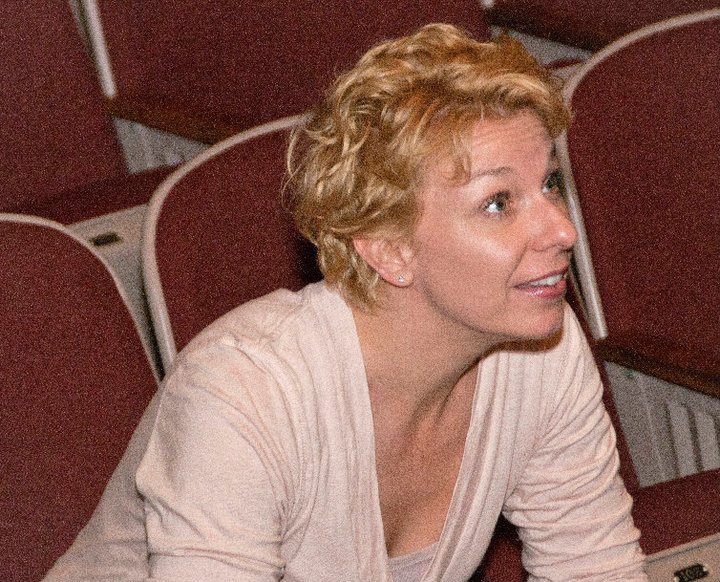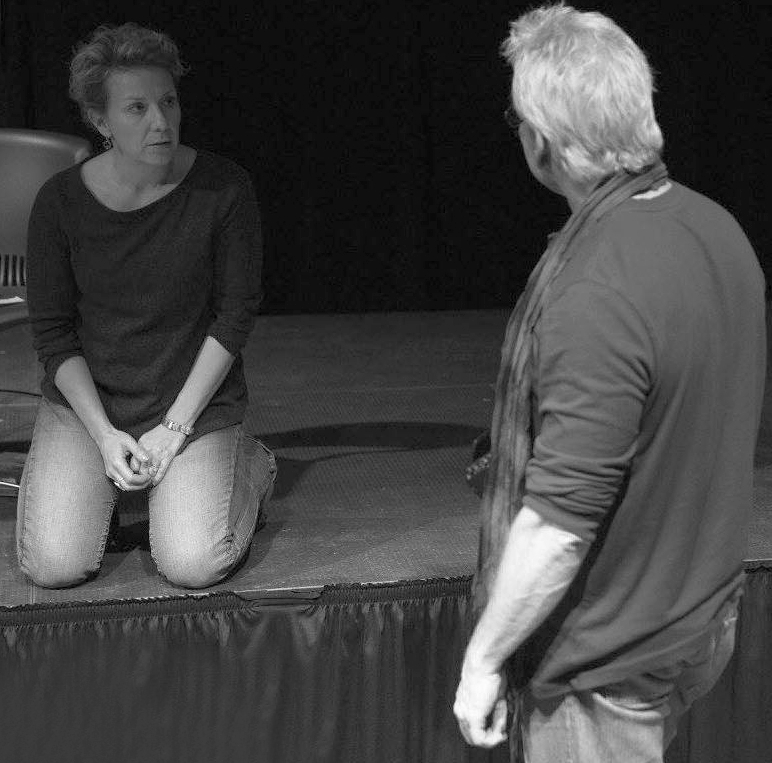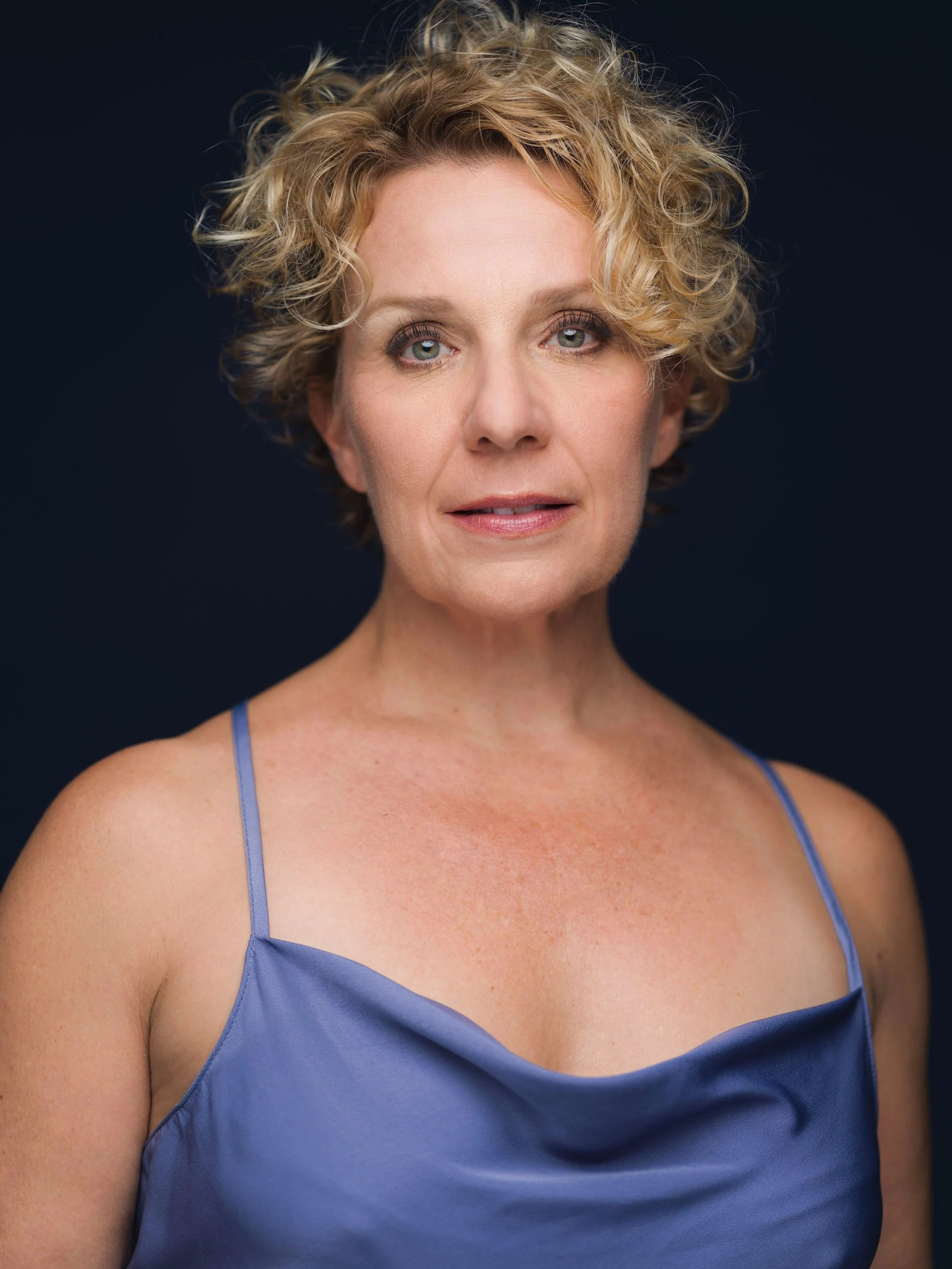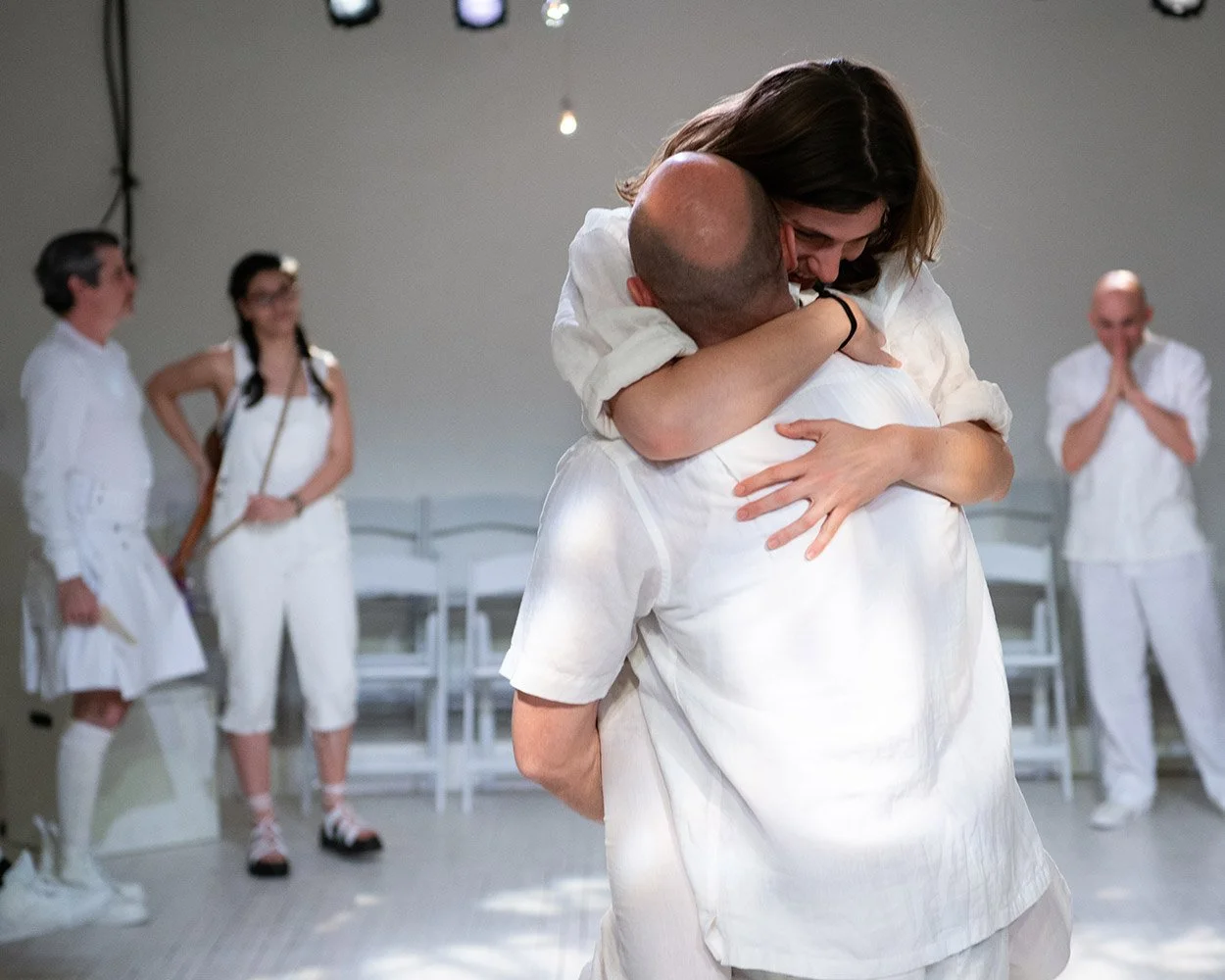Writer
Every Story Is A Love Story
By Amy Gaither Hayes
THE MOUSETRAP
2022
Every story is a love story. Agatha Christie knew that better than anyone. She knew that we can’t have a mystery without traumatic memory, and that there is no trauma without love. Some might say that there is no love without trauma. The stories represented here all involve love, childhood trauma, and the need for closure in the reconciliation of that trauma.
After the Bible and Shakespeare, Christie is the most widely published and translated author in history. In a male-dominated world, she became famous for her writing in her own time, publishing some 102 books and 27 plays across two world wars between 1920 and her death in 1976, and inventing some of the most famous characters in all of literature.
This play, The Mousetrap (named after the play within a play in Hamlet), was written and produced in London, in 1952. It’s been running in the West End ever since. Seventy years. The longest running play in theatre history.
Christie experienced her own trauma and love and healing in her long life, and wrote stories that reflected them. While she is famous for elevating the crime and detective story to its own literary genre, it is her understanding of human nature and relationships that secures her unrivaled place in our hearts.
It is with great pleasure that we share this story of human connection, loss, love, and mystery with you, in the hopes that you will solve your own mysteries.
- Amy Gaither Hayes, Director
Why Women Like Shakespeare
By Amy Gaither Hayes
THE WINTER’S TALE
2014
I've always thought of King Lear as a father's play and The Winter's Tale as a mother's play. Of course, they are both more than either of these. These late plays of Shakespeare's (Cymbeline, Pericles, The Winter's Tale, The Tempest) used to be referred to as the Problem Plays, presumably because they don't fit neatly into the categories of Comedy, Tragedy, or History. Ironically, neither do our lives.
Now, they are often categorized as Romances. But I recently heard them referred to as Fairy Tales. I like that. In each, there is a father who is broken, and a daughter and/or wife, sometimes one who was thought lost, who appears and through magic or love or song or all of these, heals the father. It makes sense.
Shakespeare wrote these plays towards the end of his life, when he was back home in Stratford after a long career in London as an actor and writer. His daughter Judith was the only child still living at home (Susannah, his eldest, had married and left home, and Hamnet, Judith's twin, had died at the age of 11). Both father and daughter (and presumably wife) knew loss and grief. They must have bonded. By this point in his life, Shakespeare must have known great love and great passion and great hilarity and great suffering. He certainly wrote all of these into his plays and poems.
The Winter's Tale has always been a siren song to me. I am drawn to its mystery, its studied carelessness with details of time and place and realism. I love that it's a family story: how we hurt most the ones we love, and what forgiveness and redemption look like. I love that it raises issues of guilt and faithfulness and mercy and grace.
Like Joss Whedon, though, I am a little tired of the idea that Shakespeare or anyone seems concerned with Portraying Strong Women. I am a wife and mother and lover and artist and philosopher and woman who struggles with issues of faith and love and integrity, and I see myself reflected in every character, every turn of the plot. In short, I am human.
If ever Shakespeare was exploring what it means to be human in human relationships with other humans, it's in these final Fairy Tales. After all, aren't Fairy Tales where we find the truth about ourselves? They play fast and loose with fact and reality to get to truth and possibility.
No wonder female actors love acting Shakespeare. We get to be every bit as human as the men. We really are all in this together.
"It is requi'rd you do awake your faith."- The Winter's Tale
—Amy Gaither Hayes, Director (With a great debt to Kevin G. Coleman and Tina Packer)
What's So Dangerous About Stories? (and other Pitfalls of Truth)
By Amy Gaither Hayes
JASON AND (MEDEA)
2015
Someone once said there is really only one Story, and we just keep telling it in different ways.
I guess that's why these old stories (or new old stories, in the case of Jason and (Medea)) keep our interest. Why we still need them. Why they tantalize and amuse and frustrate and teach and tease us and turn us on.
A wise woman of the theatre told me that the words Theatre, Theology, and Therapy all have the same root: Theology is the study of God. Therapy is the healing of God. And Theatre is where God Comes Down. All the best therapy practices come from theatre, which goes with theology. Although which comes from which, I'm not sure.
A few years ago I went to Greece to visit all the major remaining amphitheaters. We saw Epidurus and Delphi and several others I never studied in Introduction to Theatre all those years ago.
And here's the thing: There's no such thing as a theatro (theatre) without an accompanying temple. Stories and Worship went together. Inseparable. And in the case of Delphi and some other theatros, they were also centers of healing, complete with hospitals and dormitories (literally, places for sleeping so your healer could help you interpret your dreams, which were markers of mental health).
Story. Worship. Healing.
In our play, Medea asks, "What's so dangerous about stories?" and her mother answers, "They make reality feel prettier than it is."
But I think it's because, as Madeleine L'Engle said, story is truer than fact. And Truth changes us. Truth can set us free. And freedom… Well, that leads to all sorts of possibilities that most of us are nowhere near ready for.
I've always found God in the Theatre. To me it's a sacred place. Holy. And as I stood looking at those crumbling vestiges of truth and story and worship and humanity, I saw why. Here we come face to face with ourselves, our humanity. Our fumbling needs and retching grief and raging lust and ecstatic love and ridiculous hilarity.
We are in the Holy Place. This is where God Comes Down.
- Amy Gaither Hayes (with gratitude to Tina Packer)
Art Is a Love Story
by Amy Gaither Hayes
IMPRESSIONISM
2016
This play is a love story. Absolutely, no question.
But it’s not just about love between two people. I think it’s actually about the love that great art creates.
Every time I see Michaelangelo’s David I cry. I can’t help it. I’ve seen it three times, and every time I have a visceral reaction, like a kick in the gut. Who knows why I cry. The power of him, his humanity, his beauty, the fact that a human being was able to make something like that… I don’t know.
I’ve had similar reactions to other works of art…. DaVinci’s cartoons… Seeing the Royal Shakespeare Company do As You Like It… Hearing Brahm’s Requiem on NPR late one night driving through the rain… Watching the Putnam County high school kids do a Shakespeare play…. Seeing the Joffrey Ballet dance to the music of Phillip Glass…. Walking into the Great Hall at DePauw University where I teach to get a cup of coffee and stumbling upon heaven: our Chamber Choir singing a cappella a piece by John of Portugal from the 14th century I’d never heard before… A tiny, unknown painting by an unknown artist in the National Gallery in DC that I was never able to find again, although I’ve searched: a woman sits in a chair sewing while a little girl crawls on the floor at her mother’s feet, lost in her own adventures…. The light slants into the room in such a way that I know it’s late afternoon and catches the bow on the little girl’s dress, a brilliant coral. The color made me laugh out loud with joy.
Who can explain these things?
I don’t mind theatre that makes me think, but if it doesn’t move me, it’s wasted. When I would go to movies as a teenager I would say, “If this doesn’t make me laugh or make me cry I want my money back.”
I’m still that way. I want to feel something. Even if I don’t understand it at first.
In this play, Katherine says about the Impressionist painters: “This bunch of guys got together one day and decided that maybe life had more depth than what was hanging on the walls. Hey, you may be an illegitimate drunk-off-your-ass crazy bastard, but if you know that getting it accurate isn’t as important as getting somebody to feel something then you’re a genius. And they figured out that if you give what’s in front of you a little distance, you might understand what you’re looking at.”
I think the purpose of art, any art, is to help us see what we’re looking at, to feel what we’re thinking about, and to love the life we’re living. I hope this play does that for you.
Physics and Metaphysics
by Amy Gaither Hayes
ARCADIA
2015
I love this play. I love it because it explores and explodes our tenacious belief that the mind and the heart are separate, that science and art are incompatible, that time and space are neatly boxed and easily defined, that fact and truth are the same thing.
For Valentine, mathematics is art. For Bernard, poetry is ambition. For Thomasina, philosophy and physics are a child’s playground. But none of them can divorce their hearts from their cerebral passions, and passion works its own alchemy on all of us.
Bernard says, quoting the great Romantic poet Lord Byron in a debate about the value of science versus poetry: “If knowledge isn’t self-knowledge it isn’t doing much, mate. Is the universe expanding? Is it contracting? . . . I can expand my universe without you. ‘She walks in beauty, like the night of cloudless climes and starry skies, and all that’s best of dark and bright meet in her aspect and her eyes.’ There you are, he wrote it after coming home from a party. . . .”
Bernard knows, at least in this moment, that there is no difference between the universe expanding and falling in love. Physics becomes metaphysics, time is a fluid construct, and the human heart is the greatest scientific mystery of all.
I hope you enjoy the mystery as much as we do.













